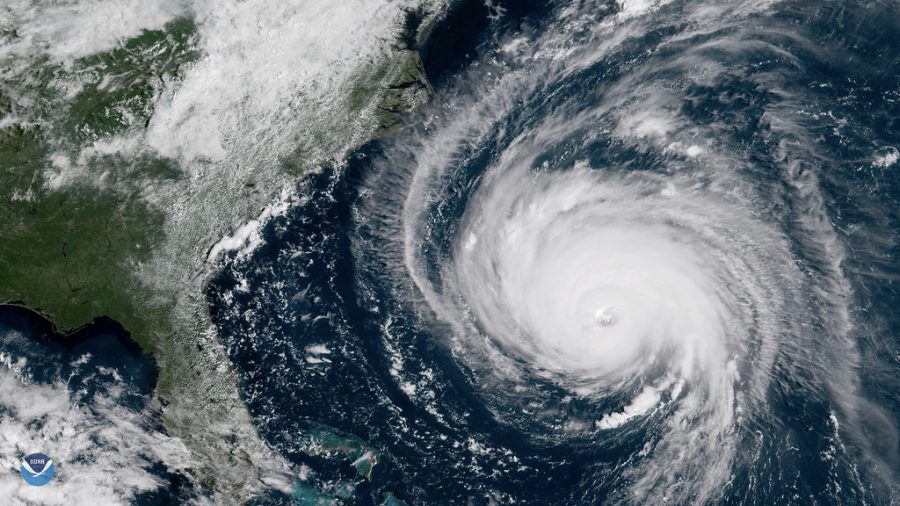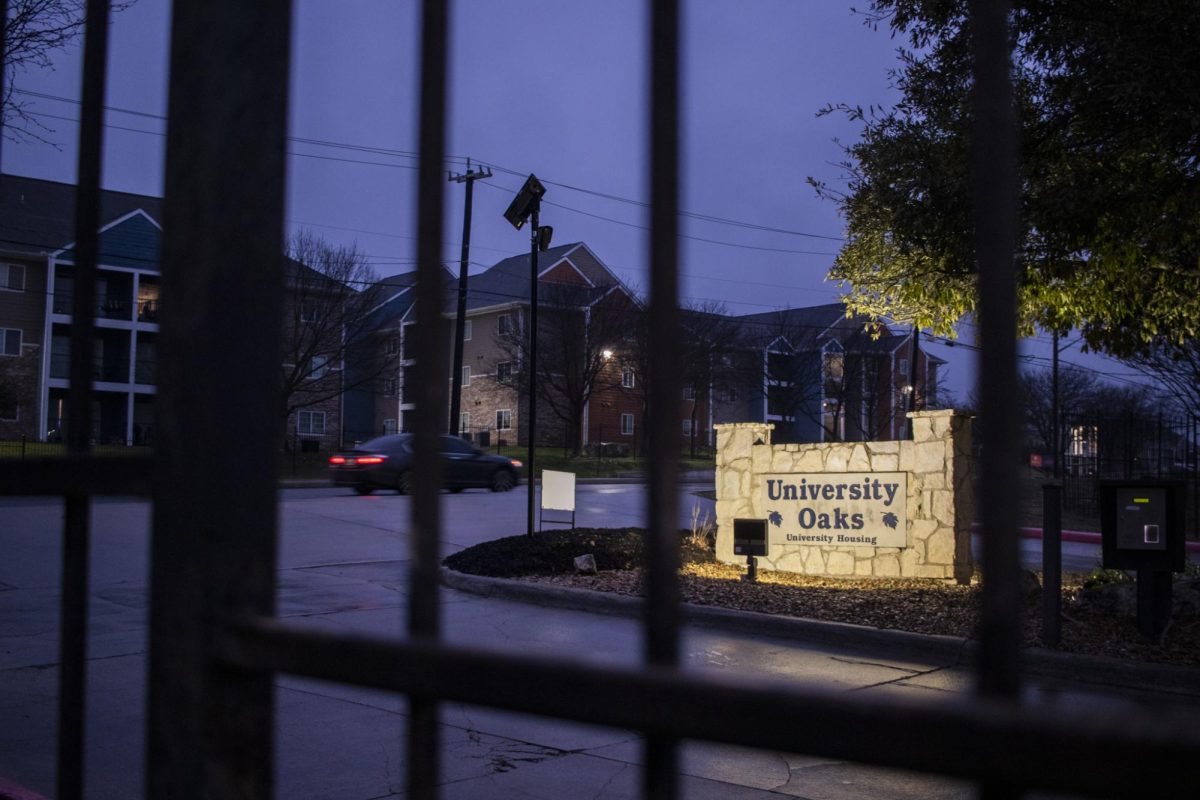Although Hurricane Florence has left the North and South Carolinas, residents are still experiencing loss of shelter, lack of food and missing family members. According to the National Weather Service, there are nine to 13 storms that began on June 1 and are predicted to end in late-November.
“The rotation of the earth is the primary cause of hurricanes,” said physics professor Dr. Eric Schlegel.
Water vapor from the warm ocean surface is the main “fuel” for hurricanes, as it condenses when they’re being pulled up. “If you make this thing big enough, it will start to turn because of the rotation of the Earth,” Schlegel said. Most of the storms come from the Atlantic Ocean and start near the African coast. This is mainly because of the heat from the Sahara Desert.
“A hurricane is a low-pressure system that starts to rotate around a low-pressure point. The higher the winds, the higher the category of the storm,” said physics master’s student Marilyn Moore. Heat plays a major role in creating one of the most disastrous events, and it has been proven that it will linger and proliferate here on Earth from this day forward.
The temperature of the atmosphere has increased exponentially in the last 100 years, as datasets from NASA confirmed ,in 2010, that from 1906 to 2005, the average surface temperature of the Earth rose by 0.74 ± 0.18°C.
“There are seasons where conditions are more right in generating hurricanes, and climate change is adding to the heat — it intensifies a hurricane and also an entire season,” Schlegel said. “You get a lot more moisture in the air than you normally would have because you’re increasing the temperature. So that’s why we’re getting more and more intense storms,” Moore said. However, Schlegel thinks that extreme thunderstorms and hurricanes like Florence are relatively small compared to the planet.
“If you were to look at the average rainfall over the entire nation for 2018, I bet this hurricane wouldn’t change the average by more than a percent,” Schlegel said. “It affects things on a small scale, but on a big scale, it has almost no impact.” Nevertheless, this does not mean that we should overlook climate change.
“I think it starts with us as humans and society working together, not just here in the nation, but globally,” Moore said. “We need to make people realize that this is a real issue that has already started affecting us, and we won’t see our future become brighter anytime soon if we don’t take personal responsibility. People forget that we as individuals can do something about it. The little decisions that we tend to overlook can really help everything.”
According to Schlegel and Moore, these are the best safety tips for anyone that’s in the vicinity of storm surge area: one, get out of the way, especially in storm surge areas; two, get away from any low-line area that’s going to flood; three, stay away from glass windows; and four, have a lot of canned goods and water with you.








